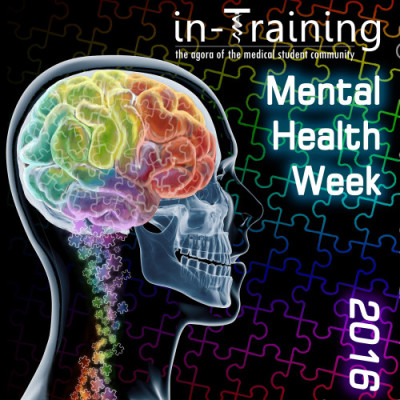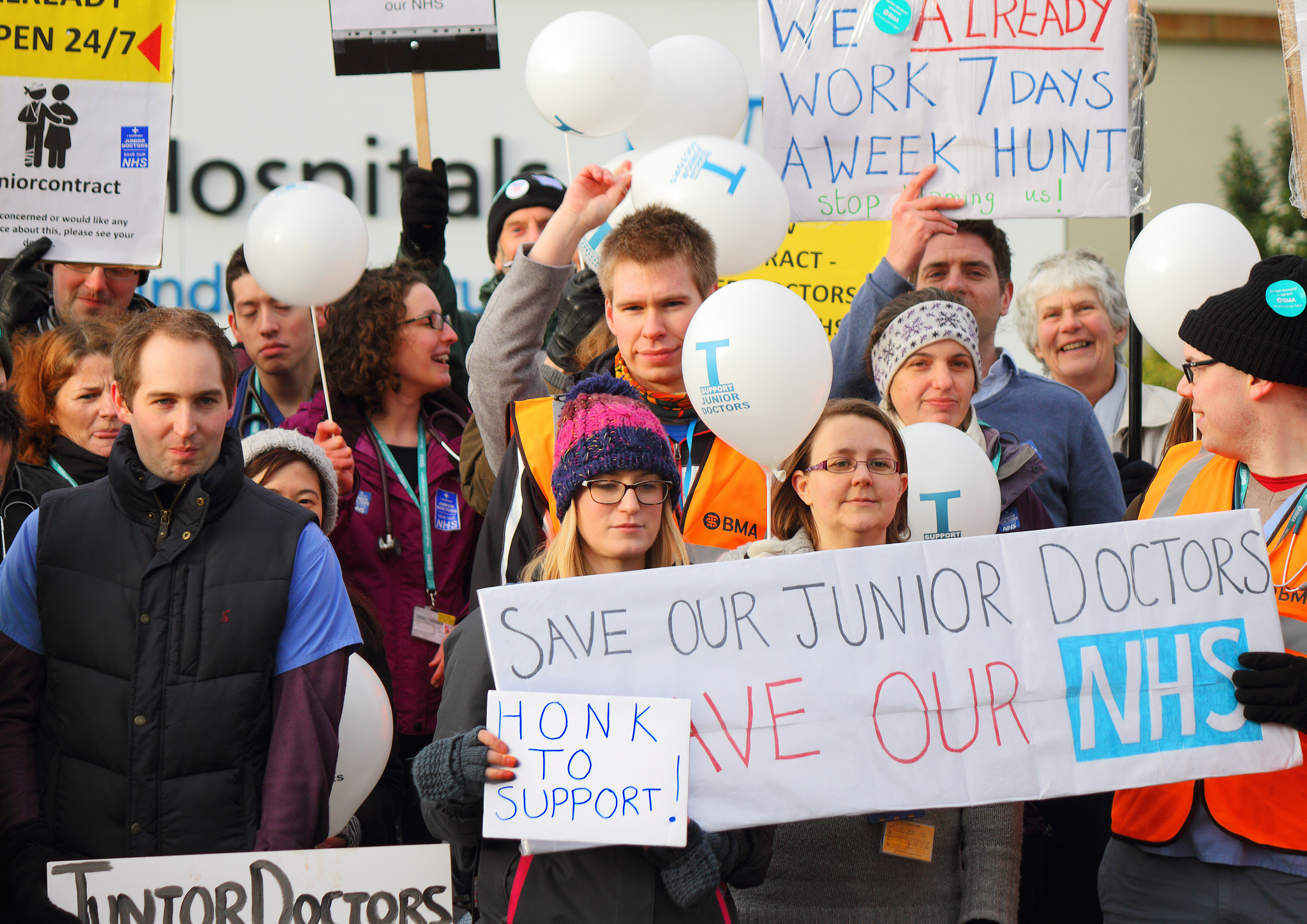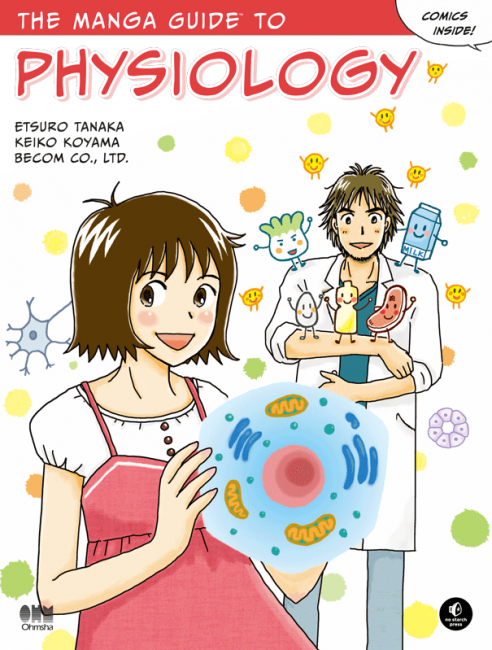Widening the Discussion of Mental Health in Medical School and Beyond
A fellow student writer recently wrote that she wondered if depression were “just part of life as a medical student.” One of her professors had given a lecture on depression asking students to “think of how many people we knew with the signs of depression listed on his lecture slide” — excluding medical students of course, “because you’ve all got some of these.” There is something so terribly and inherently wrong with that statement.





